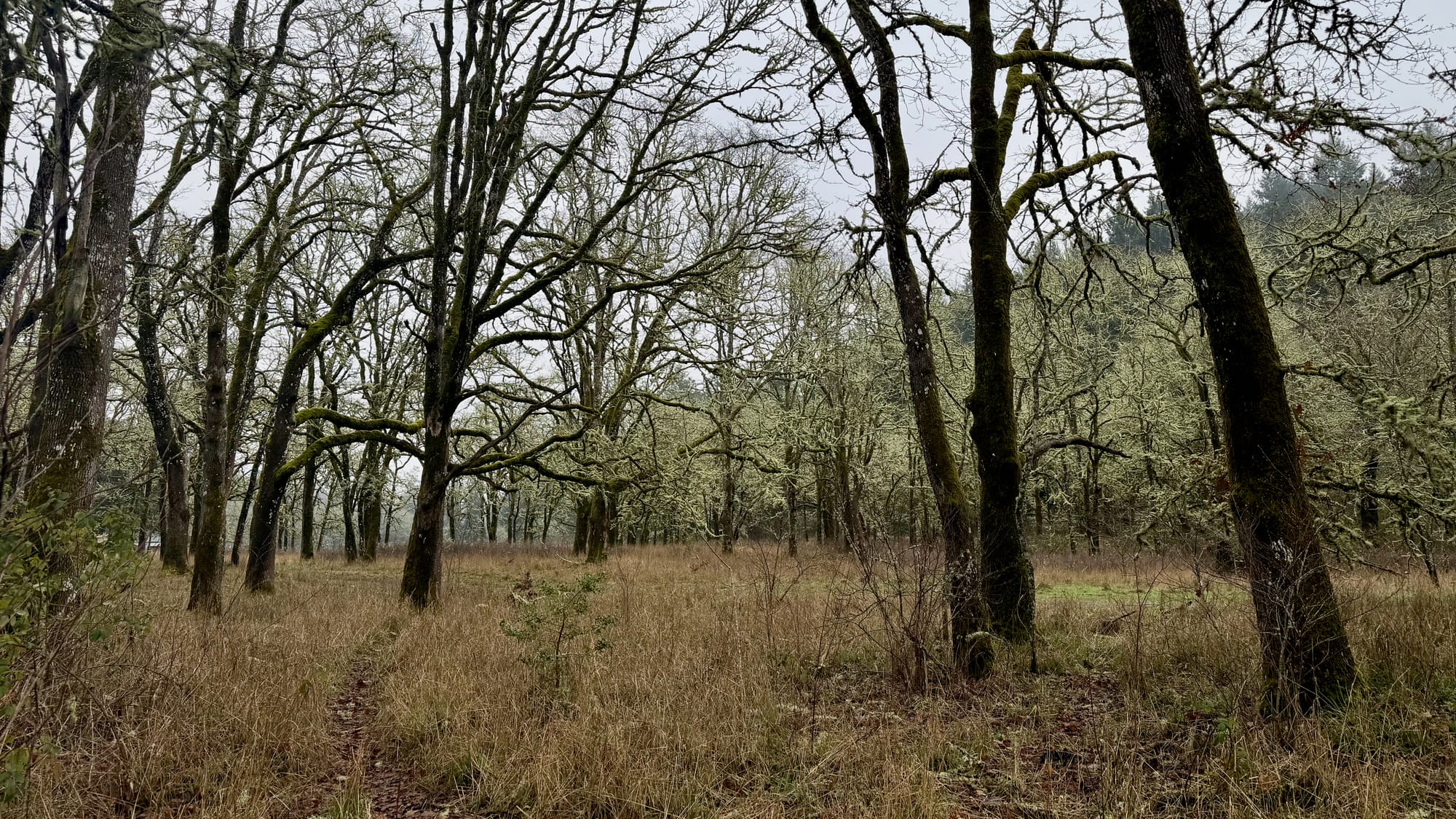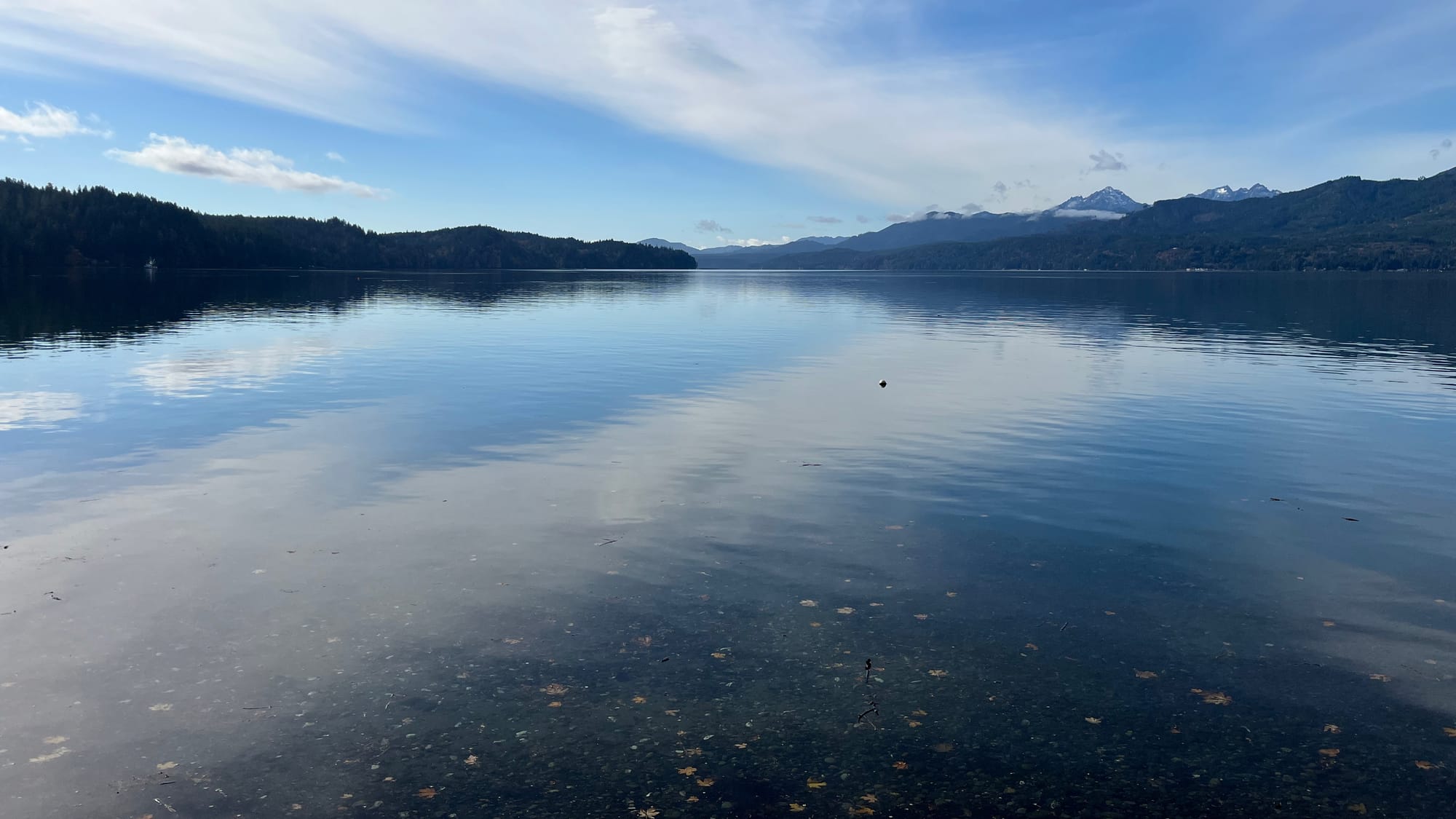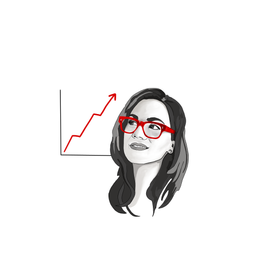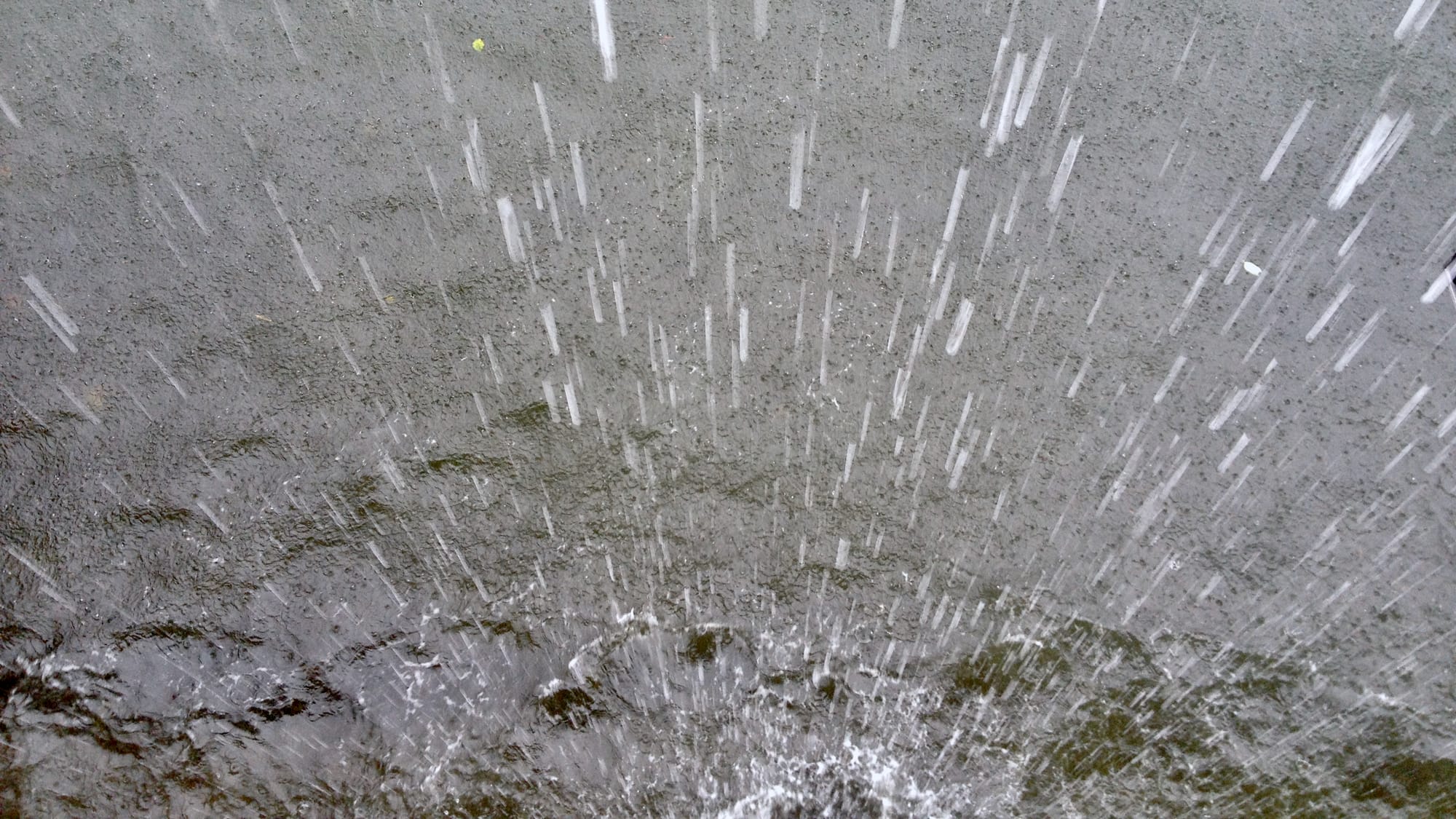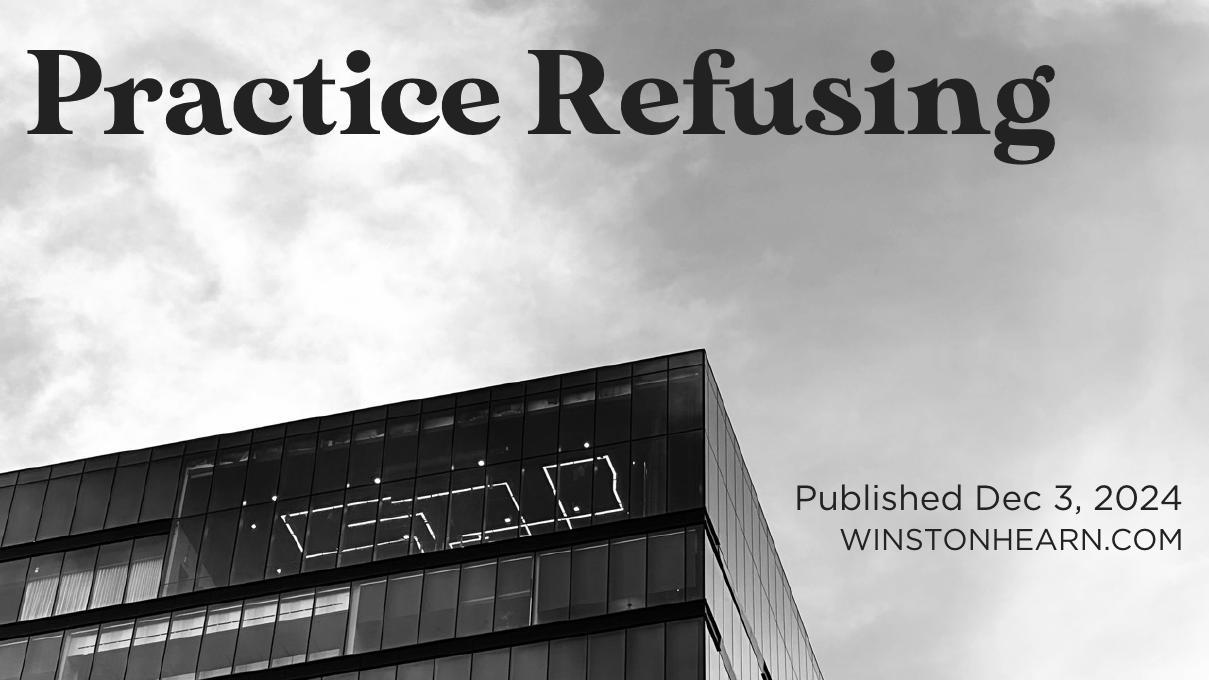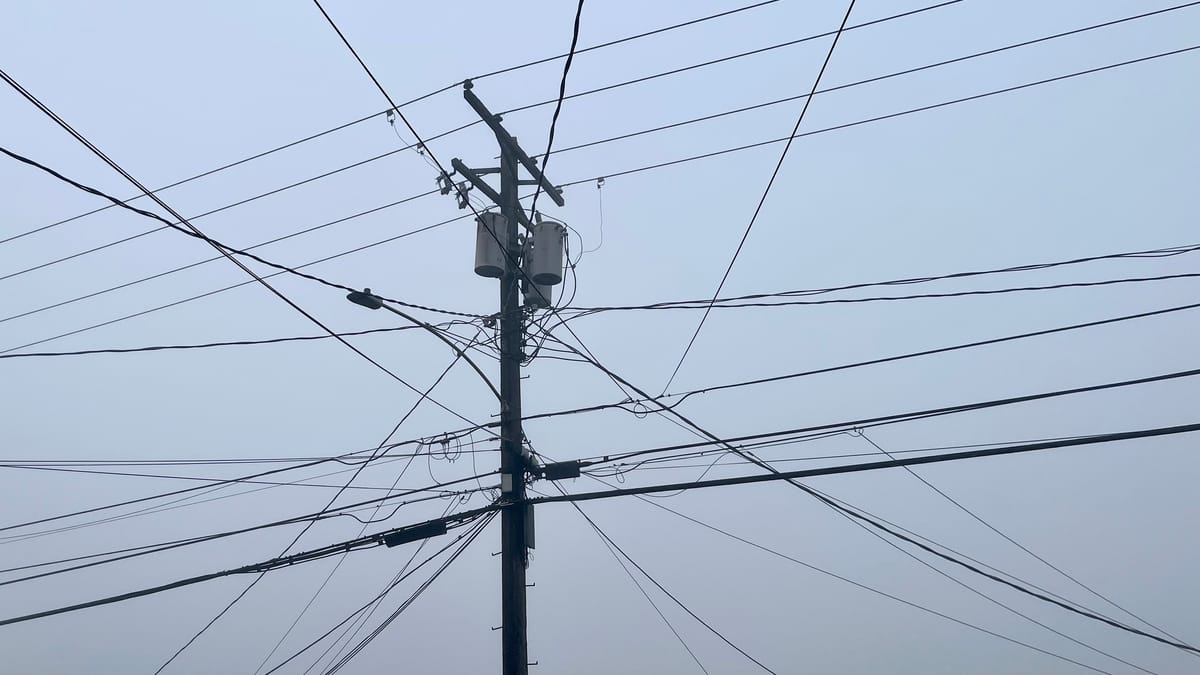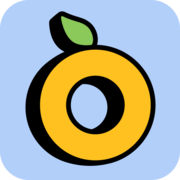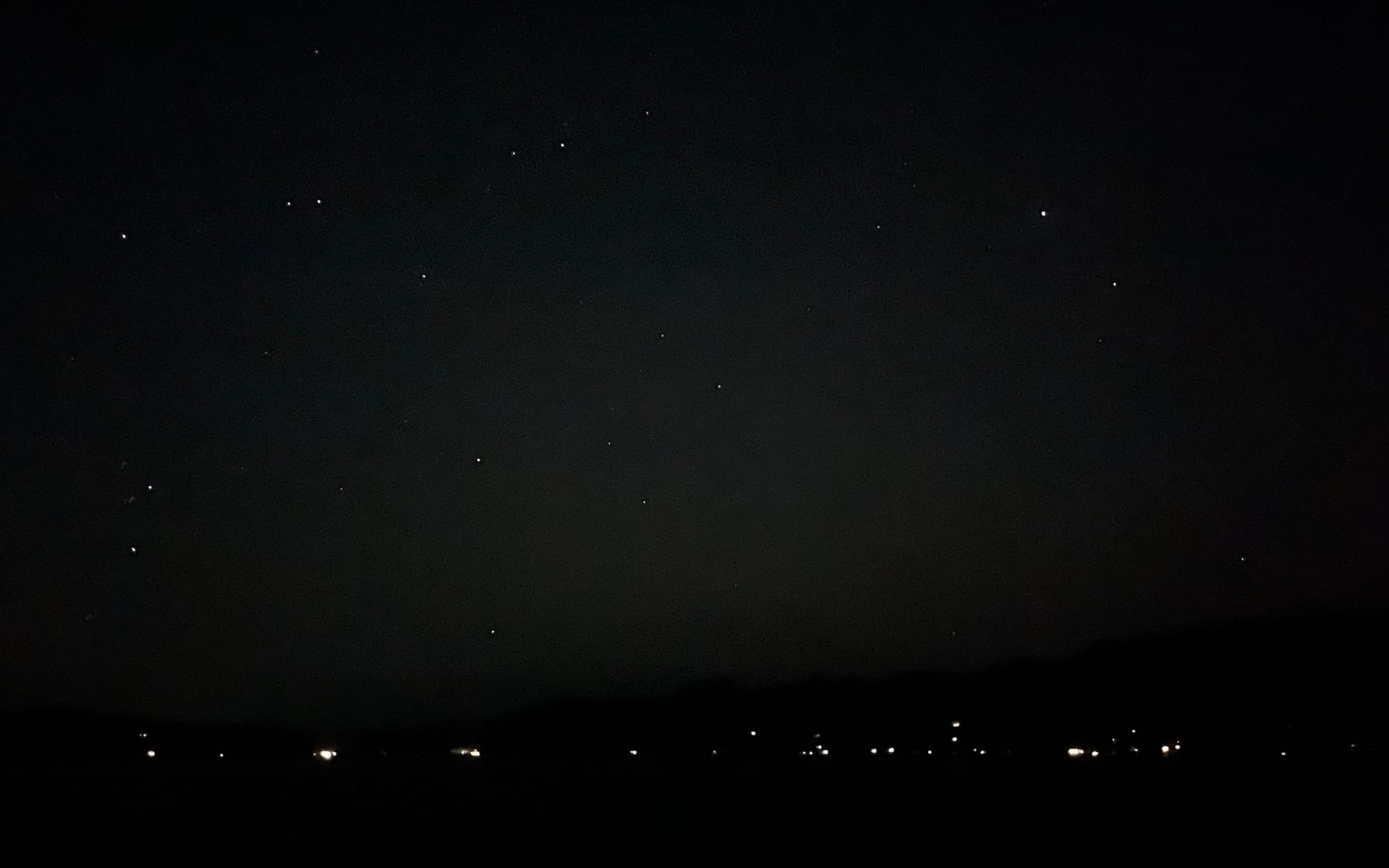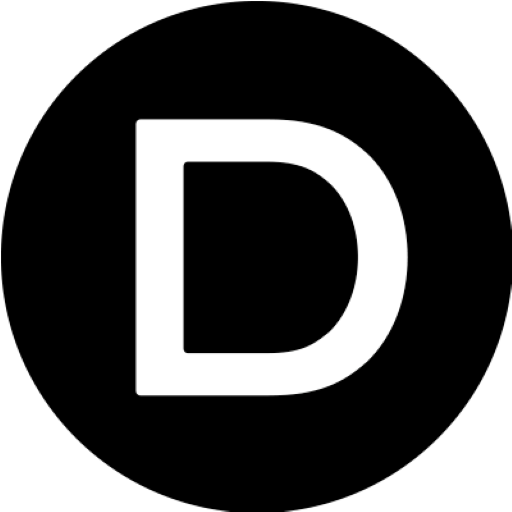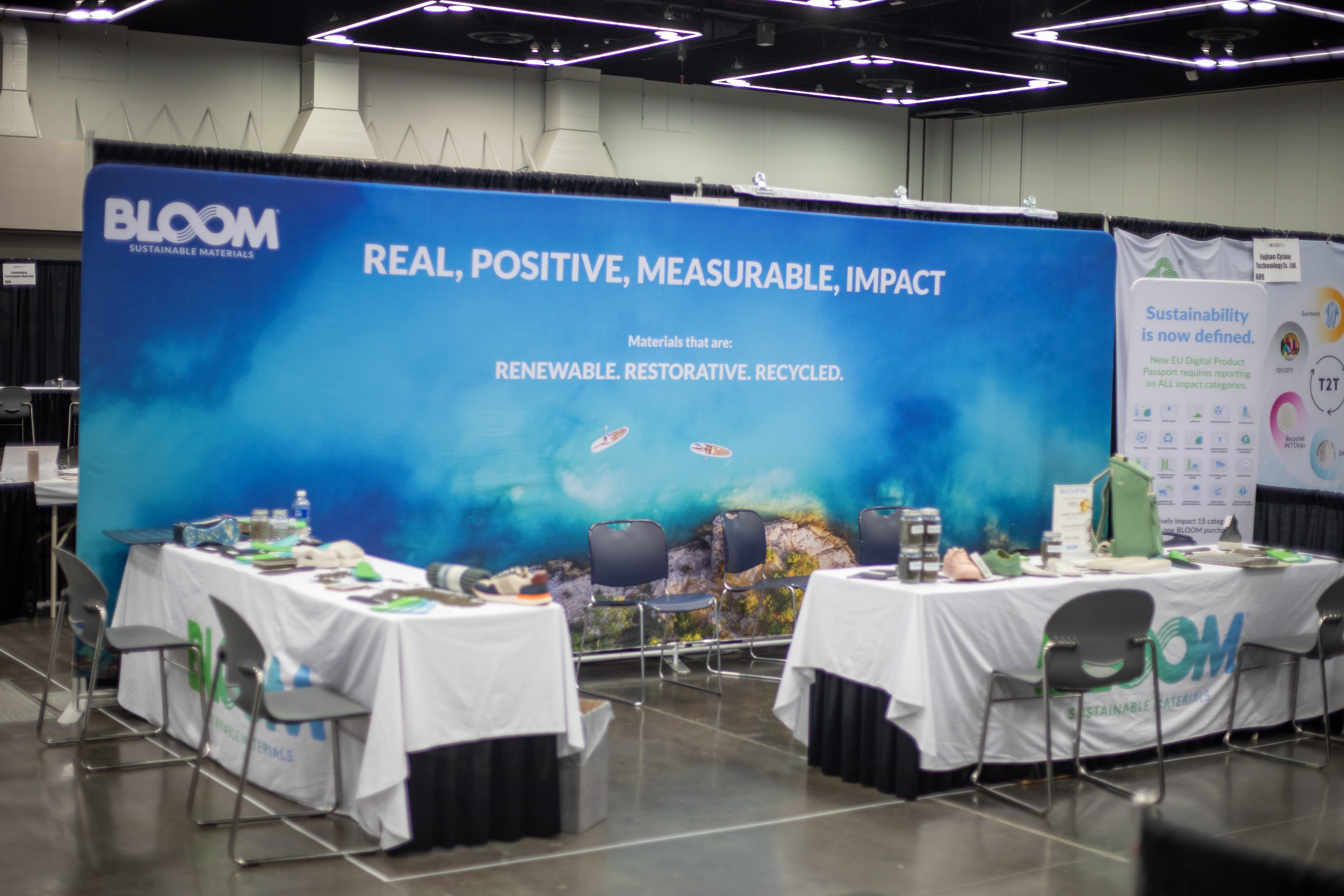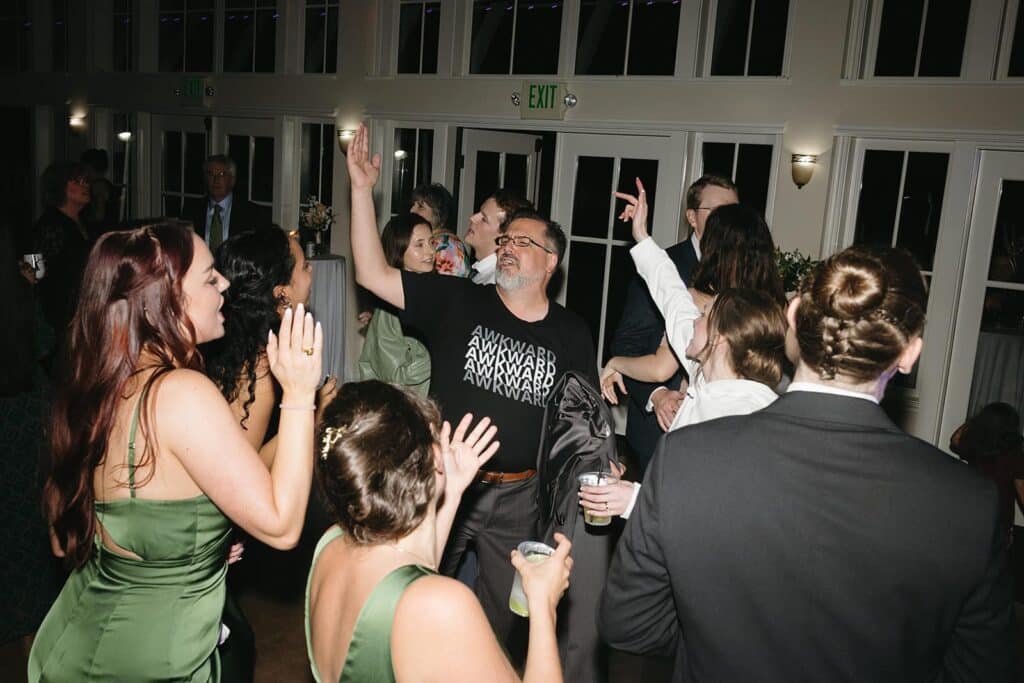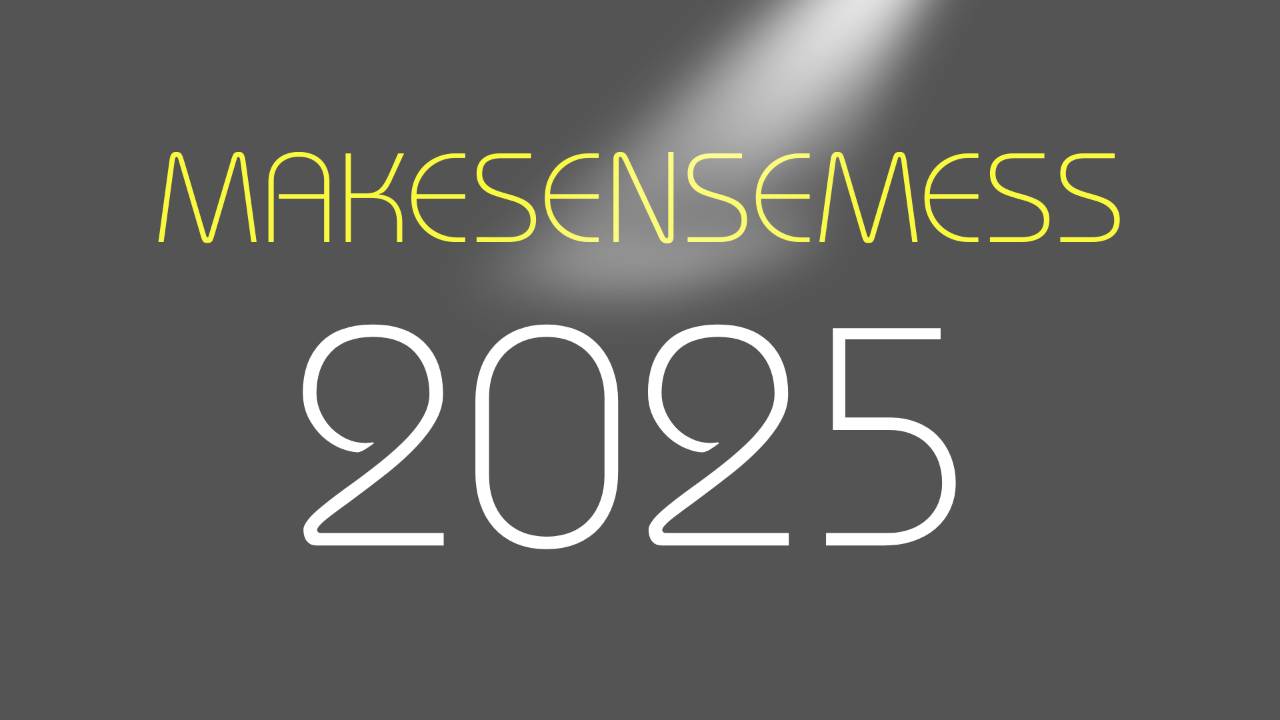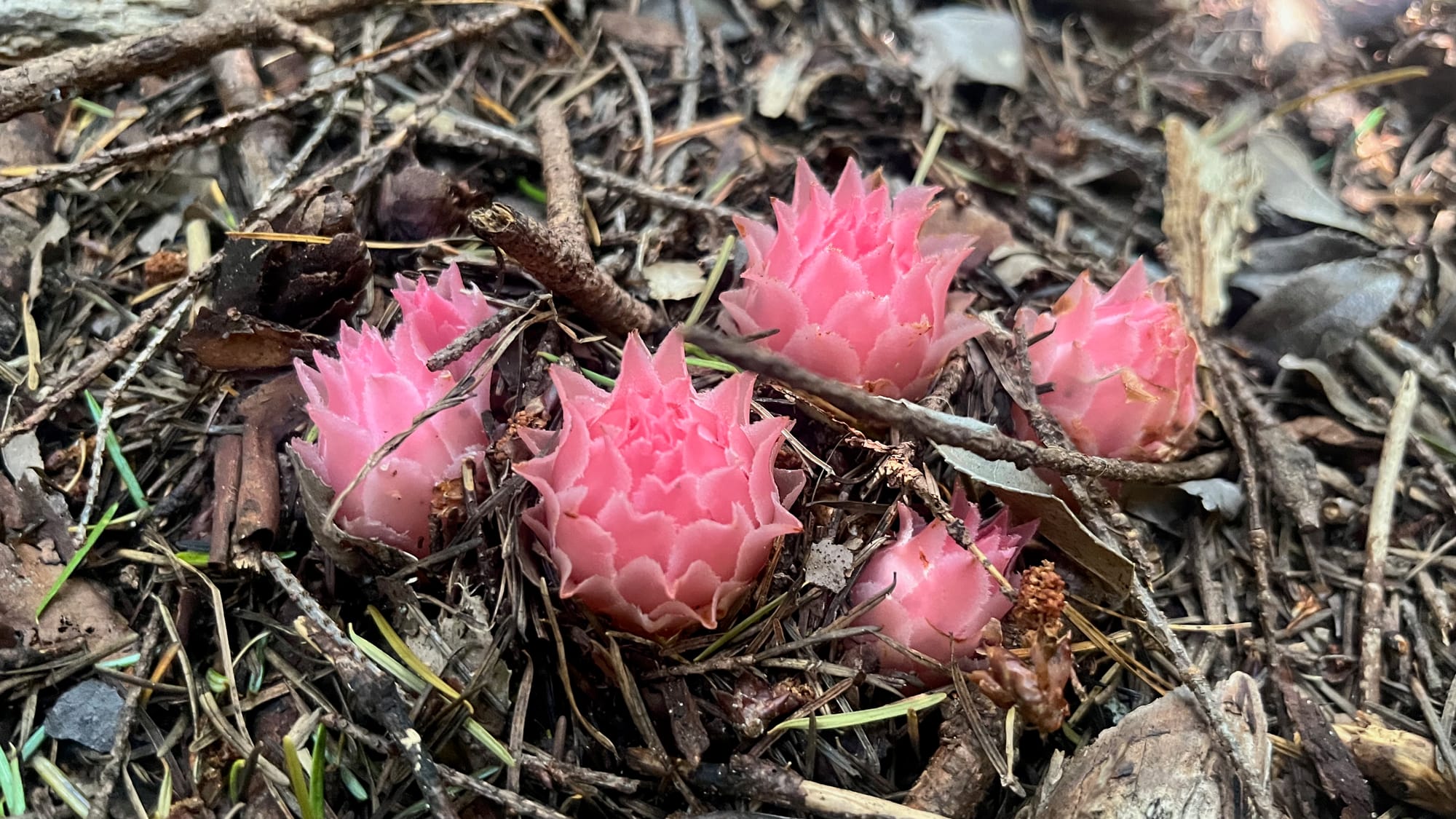A pattern: it’s the first Tuesday of a month, and I have a tidy newsletter drafted with a few useful links and passages, perhaps an upcoming event. This is the newsletter from the mirror world, the one I wish we were in. Twelve hours or so before sending, I delete the draft. It is not suitable to the moment we occupy.
This month, as in the months and years and decades preceding, there is much to be angry about. The future is here, super poorly distributed. There is enough of everything, far too much of it accumulated into the grubbies of the least impressive people on the planet. The Trumpy secret police runs rampant. The rest of the administration is busy too. They know they don’t have much time and they’re not wasting it. What they’ve knocked down in years will take decades to rebuild, if we’re lucky enough and obstinate enough to have that chance. I believe things will get better, and soon, but that they’ll get worse before they get better.
A newsletter from the mirror world
It is with this in mind that I chucked my plans to share the following with you—the beautifully laid-out indieweb invective A Website To End All Websites; then National Design Studio offers a rebrand of government services, a riveting discussion of the aesthetic overlap between the Apple retail experience and the administration’s impetus to ‘simplify’ public sector services (read: to obscure, remove, make scarce); and finally the essay Science at the Edge of the World by Cat Hicks, which had me pondering my own childhood trips to the Museum of Natural History in Ann Arbor, Michigan. I might mention that I’ve resumed the podcast, with short episodes publishing each Wednesday. I could write that newsletter, and I in fact did, and then I scrapped it, in favor of this one:
Beefs with recommendations
Given so many huge things to be angry about, I want to wallow in some small things to be angry about. Inconsequential irritants rather than existential threats. Let’s indulge, together.
Virginia Satir’s ‘temperature reading’ is a useful method I’ll describe in more detail down the road. A key step is ‘complaints with recommendations’, and it is in this spirit that I offer the following, my beefs, with recommendations.
Beef 0001: Public readings of that one Mary Oliver poem
You know the one. ‘The Summer Day’. This:
Tell me, what is it you plan to do
with your one wild and precious life?
It’s a truly great poem. But it is totally overdone as the poem to read aloud at your gathering. We’re a month into 2026 and I’ve heard this thing twice already.
Recommendation: Other poems are available. Many of them very good, many of those also written by Mary Oliver. Pick up a book of poetry and find any other poem to read.
Beef 0002: Fake Viktor Frankl quote
Between stimulus and response, there is a space. In that space lies our freedom and our power to choose our response. In our response lies our growth and our happiness.
There are several things I could say about this quote. A basic problem is that is a fabrication, invented in whole cloth—and pretty clumsily at that—by noted self-help clown Stephen Covey, instead of being written or spoken by Viktor Frankl.
A board member at the Viktor Frankl Institute offers this excessively polite explanation:
The true origin of the quotation is somewhat involved. To put it shortly, the author Stephen R. Covey used to recount that he found the quote in a library book and thought it fitting to describe Frankl’s views—but he did not note down the book’s author and title.
Recommendation: when recording inspiring or useful quotations, (1) don’t make them up, and (2) find an original source, or as close to it as you can. For example, see my own little quote barn.
Beef 0003: Ghost CMS, where is your automated welcome e-mail?
Ghost is the best content management system I’ve used in 30 years of publishing on the web. But it’s missing one thing: simple, automated welcome e-mail(s) when someone joins the e-mail list. Instead, there is a clumsy thing where it can try to send someone to a page on your site where you can put a welcome note. Guess what? I want the welcome e-mail! When someone signs up for the free e-mail newsletter (as you may now be regretting three beefs deep), I’d love to be able to send them a little e-mail saying: thanks, welcome, here’s a thing or to two to do to ensure future mails get delivered as you like.
This is such an absurd missing feature that Lex Roman brought it up as the very first drawback of Ghost in their recent content management system knife fight/comparison video.
Recommendation: Ghost should add this feature. That’s it.
Beef 0004: ‘Tells’ for LLM-generated texts
This whole thing. Lord above, I’m tired of it. For example, one is supposed to avoid em-dashes because they’re a tell for LLM-generated text. Then people bravely continue to use em-dashes for the same reasons they were useful in the initial, actual texts that tech companies stole and used to ‘train’ their things that generate randomized texts.
Ditto other alleged tells—title case at hazard, now? Semicolons? Lists, especially those of three items?
Here’s how you can tell a piece of text was extruded from an LLM instead of written by a human being: it’s boring as shit. It is about nothing. I don’t mean in the relatable, directly observational way that ‘Seinfeld’ was (at risk of dating myself here; remember that thing about decades-old web pages above). It is about nothing in the sense of referring to nothing, being based on nothing, an expression of nothing. No sensation, no memory, no specificity, no intelligence, no personality, no person. Nothing shall come of nothing.
Recommendation: Don’t read things that are boring. Stop reading the instant you are bored. That will help you dodge a lot of LLM-generated writing, as well as a bunch of bad writing, full stop.
In closing, I have to ask
What are your beefs? And what do you recommend? I’d love to know.



